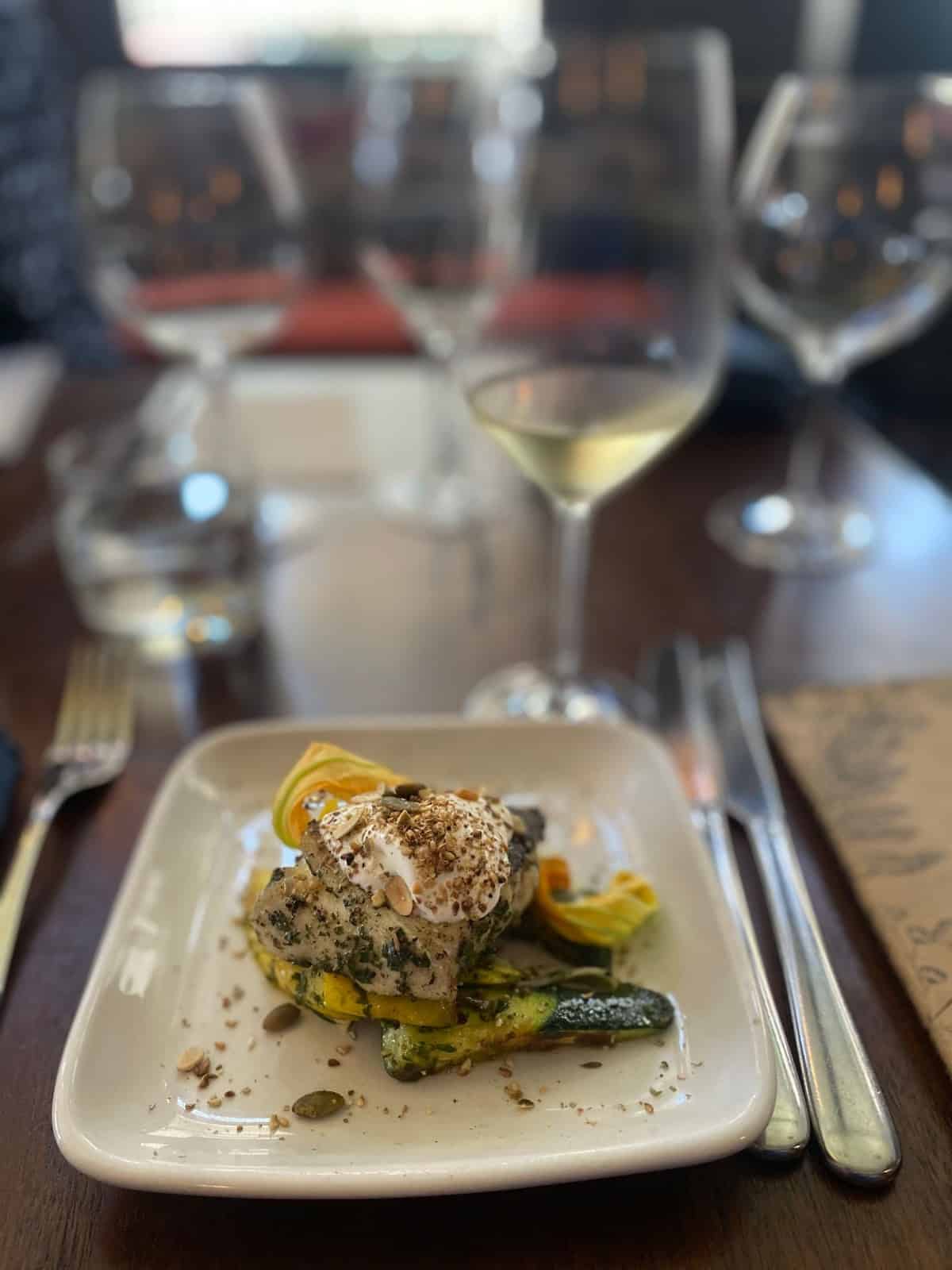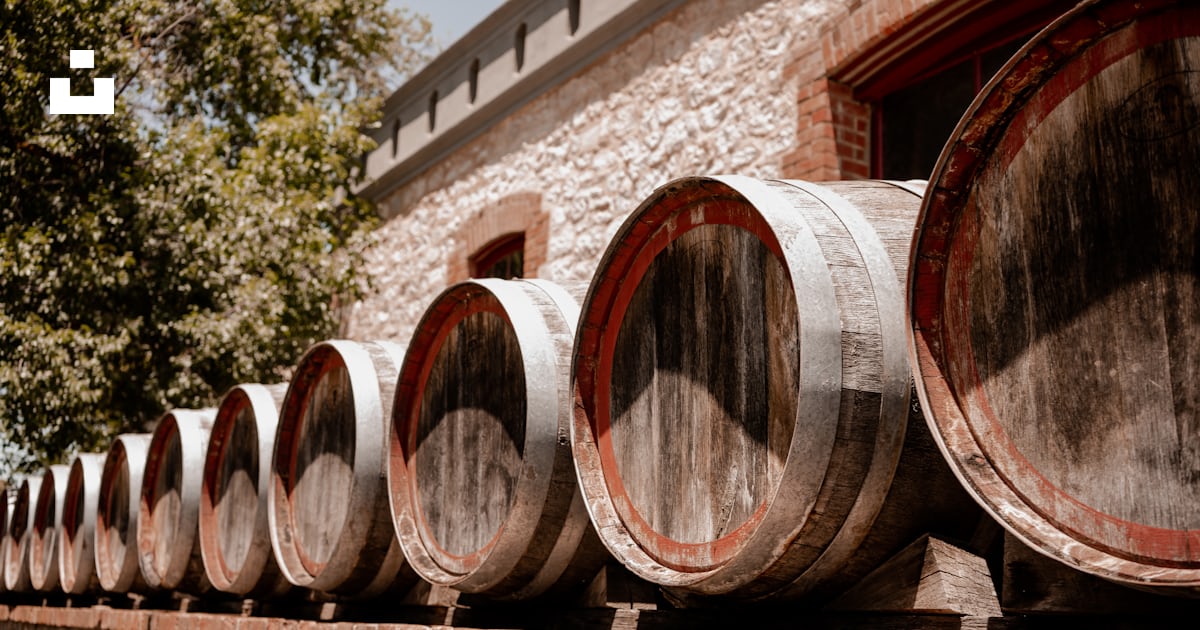Wineries That Host Harvest Festivals - Wine Tasting And Vineyards In Sonoma
Wineries That Host Harvest Festivals - Wine Tasting And Vineyards In Sonoma
Blog Article
Wineries Located Near Russian River Valley - Sebastopol Vineyard Visits
Wine tasting is commonly considered an art form, one which goes beyond merely having fun with a beverage. It embraces a complex interaction of flavors, aromas, and textures that requires dedicated practice to really grasp. Many who venture into the world of wine tasting rapidly understand that it entails far more than simply sipping wine. Improving sensory skills by way of dedicated winery wine tasting can elevate the experience, reworking an informal consuming occasion into a complicated exploration of the senses.
At a basic degree, wine tasting engages the senses of sight, scent, taste, touch, and even sound. Every component performs a vital role in appreciating the nuances of a wine. When one first pours a glass of wine, the wealthy hues can provide initial insights into its age and varietal. Observing the colour and readability helps form expectations in regards to the wine's flavor profile. Many don’t fully appreciate how this visual evaluation can set the stage for what is to comply with.
The subsequent step is to interact the sense of scent. Swirling the glass aerates the wine, permitting its volatile compounds to flee and fill the air with its bouquet. The nose entails some fascinating layers—different aromas can sign varied elements of the winemaking course of, including the sort of grapes used, fermentation methods, and growing older circumstances. Creating a eager sense of scent is usually a game-changer in wine tasting.
Wineries Near Highway 12 - Sonoma Vineyards Worth Visiting
To improve this sensory skill, wine enthusiasts are often inspired to participate in dedicated tastings at wineries. These tastings enable individuals to focus solely on the sensory experience (Wineries Specializing In Sparkling Wines). Tasting sessions led by educated sommeliers or winemakers can offer insights into figuring out distinct aromas. Learning to distinguish between floral, fruity, earthy, and spicy notes can empower a taster to articulate their experience with higher precision.
As one practices their sensory skills, they could uncover that their taste preferences evolve. This transformation usually occurs after multiple tastings. A wine that initially appeared overwhelming might reveal hidden layers of complexity with a bit of experience. Understanding how to isolate individual flavors similar to acidity, sweetness, bitterness, and umami contributes considerably to the overall wine experience.
One Other essential factor in improving sensory skills is the context by which wine is tasted. Environmental factors like temperature, lighting, and even the company present can influence perceptions. At a winery, an optimum setting can reduce distractions and enable a extra profound exploration of the wine (Best Wineries For Wine Tasting In Sonoma). Training mindful tasting techniques encourages a more immersive experience, permitting tasters to hone in on their senses.
It isn't solely about particular person notion, though. Participating with others during a tasting can even enhance sensory skills. Sharing notes and discussing impressions fosters a deeper understanding of the wine. This collaborative strategy encourages participants to articulate their sensory experiences, thereby broadening their linguistic repertoire related to wine tasting.
Innovative Wine-Making Techniques In Sonoma Valley - Explore Sebastopol Area Vineyards
Additionally, pairing wine with food can significantly improve the tasting experience. Completely Different mixtures can bring out distinctive flavors in each the wine and the dish. As one tastes a wine alongside particular meals, they will start to acknowledge how certain elements within the wine complement or contrast with what they are consuming. This skill of pairing is another layer that enriches sensory growth.
Coaching one’s palate can involve a selection of workout routines. Some enthusiasts interact in systematic tasting experiences, sampling a range of wines that showcase completely different varietals, regions, or vintages. Exploring this range can sharpen the power to discern nuances throughout totally different wine profiles. Over time, this practice builds a mental library of flavors that can be accessed during future tastings.
Notably, written notes serve a twin purpose: organizing one’s ideas and reinforcing memory. By writing down observations about every wine, tasters can track their progress over time. Detailing the traits of wines assists in solidifying knowledge, in the end deepening one’s appreciation of what they eat.
Furthermore, attending workshops or classes targeted on sensory evaluation can be beneficial. Many wineries provide these educational applications to help people refine their skills. Often, educated instructors guide participants via structured tastings, specializing in particular components of the wine. This degree of education reinforces the sensory skills asynchronously and challenges tasters to contemplate their experiences from completely different angles.
Wineries With A Focus On Syrah - Sonoma Wine Tasting Recommendations

Over time, the commitment to enhancing sensory skills through dedicated winery wine tasting can yield vital rewards. The enjoyment derived from wine turns into layered and multifaceted. No longer limited to a simple desire for "red" or "white," tasters begin to appreciate the stories behind each pour. They domesticate a palette able to navigating the complicated panorama of flavors with confidence.
In conclusion, the Look At This journey of enhancing sensory skills by way of devoted winery wine tasting is as rewarding as it's pleasant. It requires focus, dedication, and a willingness to be taught, but the outcomes far exceed the initial effort. By partaking a number of senses and collaborating in considerate discussions, individuals not only become more adept at identifying flavors but also develop a deeper appreciation for the craftsmanship behind every bottle. The course of transforms wine from a mere beverage right into a wealthy tapestry of sensory exploration that beckons enthusiasts to delve deeper. As skills improve, so too does the enjoyment, enriching life experiences one sip at a time.
Best Wineries For Sunset Views In Sebastopol - Best Wine Tasting Spots In Sonoma County
- Engaging the palate via various wine varieties enhances the flexibility to distinguish flavors and aromas, refining total sensory perception.
- Collaborating in guided tastings promotes centered attention on subtle characteristics of every wine, nurturing important tasting skills.
- Studying to identify specific grape varieties fosters a deeper understanding of terroir, which aids in recognizing regional flavor profiles.
- Incorporating food pairings during tastings can heighten sensory awareness, as totally different tastes can affect one another and alter perceptions.
- Practicing the art of swirling and nosing wines allows individuals to connect olfactory cues with taste, enhancing the flexibility to articulate sensory experiences.
- Attending workshops that emphasize blind tastings trains members to rely purely on their senses somewhat than preconceived notions, enhancing objectivity.
- Elevating sensory skills can lead to better wine selection abilities, empowering individuals to make informed choices based on personal preferences.
- Engaging with educated sommeliers offers insights into wine-making processes, which deepens sensory appreciation and enhances vocabulary for describing wines.
- Regular participation in tastings encourages memory growth of flavors and aromas, aiding within the formation of a personalised sensory profile over time.
- Sharing tasting experiences with friends fosters dialogue, promoting communal studying that can improve individual sensory skills through collaboration.undefinedWhat is the purpose of bettering sensory skills by way of wine tasting?
Enhancing sensory skills through wine tasting permits individuals to boost their capacity to identify and look what i found recognize the varied aromas, flavors, and textures of wine. This heightened sensory awareness can lead to a deeper understanding of wine and an total enriched tasting experience.
Wineries Featuring Vineyard Tours - Sebastopol Winery Experience
How can I develop my sensory skills at a winery?
You can develop your sensory skills at a winery by taking part in guided tasting classes that focus on particular varietals. Have Interaction with educated workers who can present insights and encourage you to take notes on your impressions, enhancing both your observational and descriptive abilities.
What should I expect throughout a devoted wine tasting experience?
Beautiful Picnic Areas At Sonoma Wineries - Vines And Views In Sonoma Wine Country
Throughout a devoted wine tasting experience, count on to sample a selection of wines while receiving targeted training about each. You'll learn concerning the winemaking process, tasting techniques, and tips on how to discern completely different sensory traits, all in a relaxed setting.

Is prior data of wine necessary to profit from a sensory skills workshop?
- Wineries In Sebastopol
No prior data of wine is necessary; the workshops are designed for all ranges of experience. Beginners will discover priceless info to construct from, while seasoned tasters can refine their skills and increase their palate even further.
How do sensory skills influence my total wine appreciation?
Wineries That Host Harvest Festivals - Celebrated Wineries Around Sebastopol
Improving sensory skills considerably enhances your general wine appreciation by allowing you to identify subtleties and complexities in wines. This deeper understanding enriches your tasting experience and helps you make knowledgeable choices based on personal preferences.
Are there particular techniques I ought to use while tasting wine to improve my sensory skills?
Wineries Located Near Russian River Valley - A Visit To Sebastopol Wineries
Sure, using techniques such because the "SWOT" methodology (Sight, Swirl, Scent, Sip, Savor) may be helpful. Pay consideration to the wine's look, aromatics, and mouthfeel, and take your time with every sip to totally discover the flavors and sensations.
What type of wines are usually included in sensory skills tastings?
Usually, sensory skills tastings embrace quite a lot of wines that showcase totally different regions, varietals, and styles. This diversity helps members determine distinct characteristics and enhances their capacity to distinguish between wines.
Can sensory skills workshops be personalized to my tasting interests?
Wine Tasting Tours In Russian River Valley - Sonoma Vineyard Tours
Many wineries offer personalized options for sensory skills workshops, allowing you to focus on specific types of wines or themes that interest you, such as organic wines or unique regional offerings. It's best to inquire directly with the winery for tailor-made experiences.
Is there a approach to practice sensory skills after leaving the winery?
Sure, you'll find a way to practice your sensory skills at home by tasting completely different wines and preserving a tasting journal. Experimenting with varied food pairings and aromatics can additional improve your understanding of how flavors interact, reinforcing the talents gained at the winery. Report this page